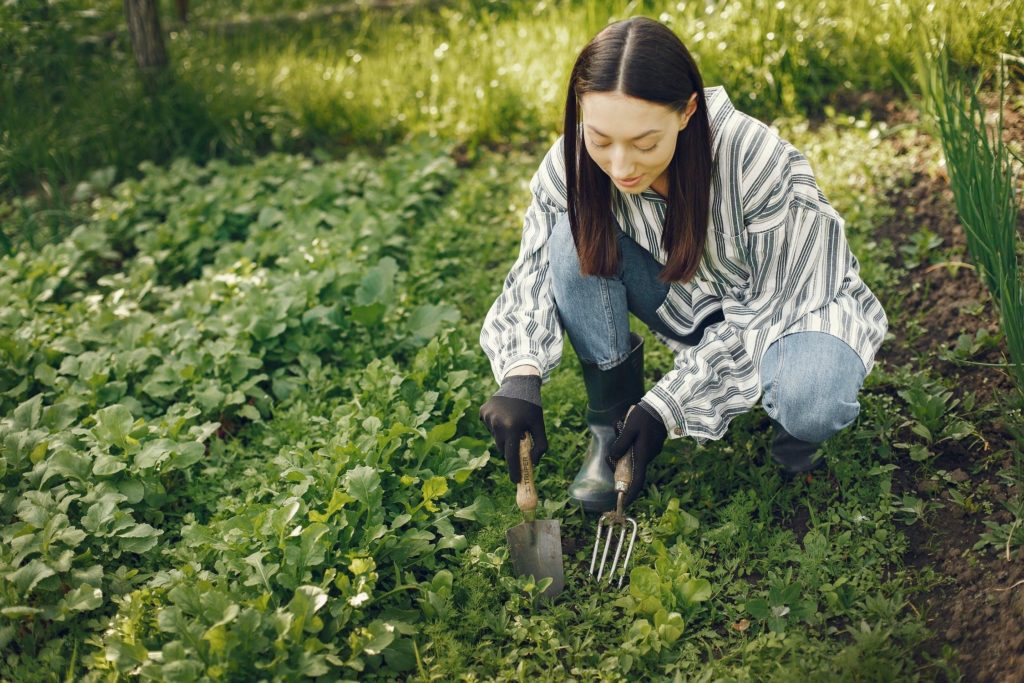How Do You Prepare Your Lawn For Winter In Australia?
The winter season is coming. The temperature is cooling down. This means it’s time for you to prepare your lawn for the colder months ahead to ensure that it stays healthy throughout the season. In this article, we covered the basics of keeping your lawn healthy for the winter months. We also included some tips to resolve your lawn’s dry patches.
How Do You Prepare Your Lawn For Winter In Australia?
Winter is just around the corner. The temperature’s cooling down, which means it’s time to prepare your lawn for the cold months ahead. If you’re unsure about how to keep your lawn at its healthiest for the winter months, we’ve listed down a few pointers below.Fertilise your lawn
Autumn is an excellent season for homeowners to fertilise the lawn. Doing so before the winter season hits gives the yard a boost of strength. Experts recommended applying a quality, slow-release fertiliser with a good Nitrogen Phosphorus-Potassium ratio to ensure that your lawn is fortified in the months to come. Some also use foliar liquid fertilisers during winter. Several tests have shown that foliar feeding can be up to 10 times more effective than soil feeding.Fix bare patches in your lawn
Autumn is the perfect time to fix the bare patches on your lawn. Several factors cause bare and patchy lawns, including frequent use, wear and tear, pet urine, and excess shade. Before fixing the patches, you have first to determine what may have caused it. If you’re unsure how to identify the cause of your patchy lawn, we made a brief guide.- Dry patches
- African black beetle infestation
- Dollar spots
- Bare patches



 It’s summer and everyone’s getting ready to go on holiday! But jetting off means you have to leave your beloved garden to wilt at home. If you don’t have anybody taking care of watering and pest control for you while you’re away, you may return to find your prize marrows to become a slug’s dinner.But with the right precautions, you can ensure that your holiday relaxation won’t be interrupted by constant worrying about what’s happening to your garden back home. This guide will show you how to prepare your garden so they stay thriving while you’re out getting some sun:
It’s summer and everyone’s getting ready to go on holiday! But jetting off means you have to leave your beloved garden to wilt at home. If you don’t have anybody taking care of watering and pest control for you while you’re away, you may return to find your prize marrows to become a slug’s dinner.But with the right precautions, you can ensure that your holiday relaxation won’t be interrupted by constant worrying about what’s happening to your garden back home. This guide will show you how to prepare your garden so they stay thriving while you’re out getting some sun:


